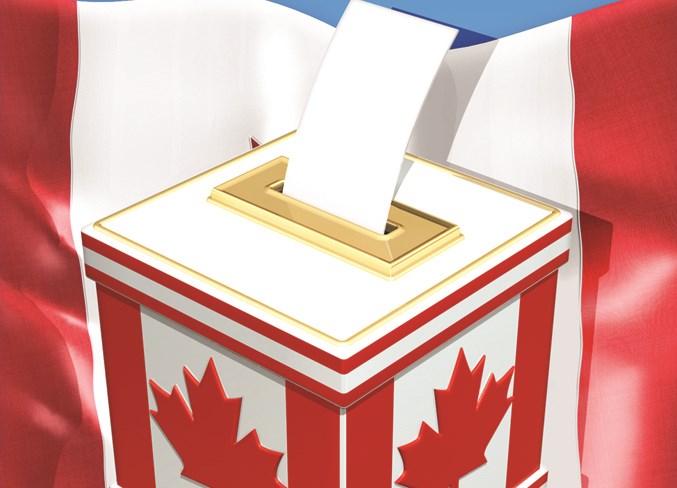FORT FRANCES – During the regular council meeting on Sept. 12, Coun. Douglas Judson raised a motion to submit a written statement to the Federal Elections Commission regarding the proposed redistribution of federal electoral boundaries.
In August, the commission proposed redrawing the federal riding lines which would see Kenora join the Thunder Bay – Rainy River riding. The redistribution of the riding boundaries would also incorporate a new federal riding in the far North named Kiiwetinoong-Mushkegowuk. However, this would mean that Northwestern Ontario would lose a seat in the House of Commons.
In a unanimous vote, the council passed a resolution to submit a written statement expressing some of the unique challenges the North will face if the riding boundaries were to change.
“Elimination of the Thunder Bay-Rainy River riding and the creation of a much larger Kenora-Thunder Bay- Rainy River riding would reduce the representation of the North in parliament by one seat,” said Andrew Hallikas, Duty Mayor of Fort Frances.
Some of the comments that will be submitted by the Council to the commission address the unique circumstances of having adequate representation in the Northwest region. Currently, 10 seats in the House of Commons are reserved for Northern Ontario which represents the North’s geographic, economic and social diversity. Losing a seat would greatly underserve the municipality in the Northwest due to the vast geographical distances between each city and town.
“The new riding would be unwieldy, to say the least, and difficult for our member of parliament to navigate thus reducing the amount of time that our representative could spend in any one place, diluting our representation,” explain Hallikas.
Considering the busy timetable of a Federal MP that travels to and from Ottawa most of the year, for a single Federal MP to address the concerns in the dozens of townships, indigenous communities and unincorporated areas, each with their own social, political, cultural, and economic interests would be an enormous feat.
“The electoral boundaries should not just be about a certain number of people in a given riding,” said Hallikas. Northern Ontario is vast in its geography and rich in its culture, history and economics, these factors must also be taken into account. You cannot necessarily combine small rural communities and towns with larger urban centres to good effect.”
The council puts forward a suggestion that Thunder Bay should be considered its own riding leaving more representation for smaller and rural communities.
“As long as we are looking at a significant reconfiguration of the riding, we should consider whether effective representation requires that we separate larger urban centres from smaller or more rural areas to ensure that everyone is able to have sufficient and appropriate political influence,” said Judson.
The City of Thunder Bay and the surrounding Township would fit into the 15 per cent population requirement for its riding, which would still drop the seat in the House of Commons down from 10 to nine, but this would leave a Federal MP focused on rural and smaller community rather than major urban populations, while also granting a federal representative in the far north a federal seat.
